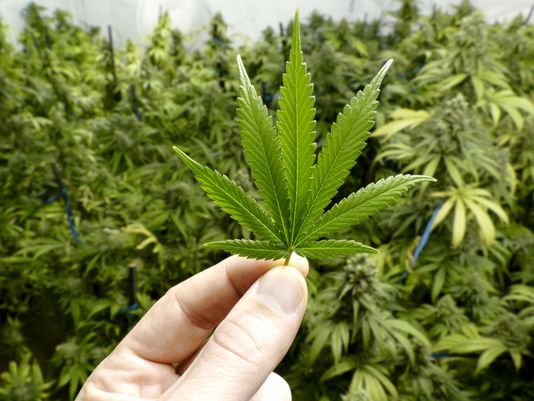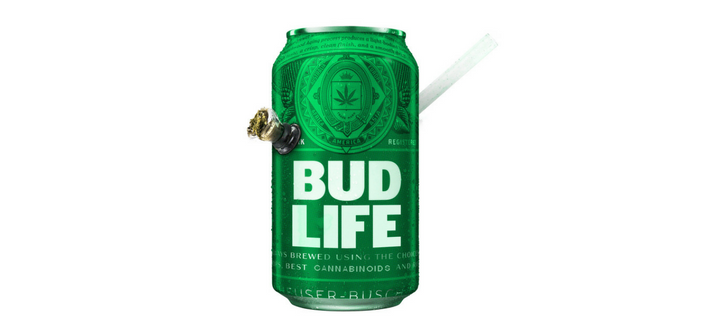By Kristen Nichols
The marijuana business has a lot to learn from Tesla.
Ever heard of Tesla? Of course you have, though you’ve never seen a TV commercial for its electric cars or seen a promotion from a local dealer.
That’s because Tesla used innovative showroom experiences to get people talking about its cars.
By focusing on showroom experiences and building personal connections with question-filled shoppers, the fledgling automaker became a household name with a years-long waitlist.
Tesla can thank George Blankenship, a retired marketing maven who led the carmaker’s retail strategy after creating the Apple Store concept and running retail strategy for Gap Inc.
Blankenship, who will keynote MJBizCon in Las Vegas Nov. 15-17, recently spoke with Marijuana Business Daily about his views on the cannabis industry and how brands can succeed without traditional marketing tools.
What is the marijuana industry doing well from a business standpoint, and where do you think it’s falling short?
I think the marijuana industry has a bit of an image issue, given the various ways the business could be pursued.
A lot of people have long-standing perceptions of the industry, going back to the Summer of Love 50 years ago.
The marijuana industry has this perception issue and an education shortfall, as to what marijuana could actually be used for.
How can the industry overcome that education shortfall?
There’s a nomenclature issue. How do you describe what it is you’re doing?
When I worked at various companies, I did real estate. I would tell people, “I’m going out to Hawaii to work this week, looking at real estate.” But people were like, “Oh, yeah, right, you’re ‘working.’”
The reality was, I’d go over there and be working from dawn to dusk, but they thought it was a vacation and I had an ulterior motive.
And the same thing here (with marijuana). If you say, “I’ve got arthritis and I’m using marijuana to treat it,” people go, “Yeah, right.” It’s like reading Playboy for the articles.
A lot of people do not think of (marijuana) as a serious medical treatment for a lot of common ailments. Someone is going to figure out how to do that, and when they do, that is going to be a very viable business.
How would you brand marijuana as a serious medical treatment?
There has to be some demonstration of credibility.
If you’re walking around a neighborhood and you see green flags waving and doctors inviting you to come on in to get marijuana, that is not demonstrating credibility.
There’s a professionalism that has to surround it, and you have to communicate without sounding like you have an ulterior motive to sell something. And have a serious way of going about that.
You just have to step back and demonstrate some professionalism and credibility and have a serious way of going about that.
You have to genuinely want to educate people if you’re going for a medical focus.
You once said that when you worked at Tesla, you “came to work every day knowing that there was probably an 80% chance the company was going to fail.” Marijuana entrepreneurs can certainly relate to that. What kept you going?
We were fortunate to have employees with the mindset that everything is possible, nothing is impossible. And we set a vision.
So people thought about the vision of the company, that we’re not just selling electric cars, but we’re selling a future that looks different than this one.
When you set a vision, employees are less focused on what could happen tomorrow that could be a disaster for the company.
Instead, they are focused on, “How can we help get the world to where we want to go?”
At Tesla, everybody bet against us. Everybody.
But we had this incredible group of people who were inspired to do more than just build a car. And those people carried us where no one thought we could go. They all became involved in helping the company succeed.
How do you build a customer relationship without traditional marketing?
The key is, you don’t have a selling motion.
You don’t tell people what you want them to know about a car so that they buy a car. You don’t tell them what you want them to know about technology so they buy a computer.
You let them discover what it is they want to know, and that is different than trying to close a sale.
They’re getting information and getting to know the company and not feeling out of place.
So if you create that kind of environment – where people gain information at their pace – it will work. You don’t need to get their email to put on a mailing list. Customers will seek you out.
Online retailing has majorly disrupted traditional brick-and-mortar stores. Marijuana retailers face online competition, too, from legal marijuana delivery services to black-market dealers advertising on Craigslist. Should the cannabis industry prepare for a future when marijuana is legally sold online?
At some point in time, someone’s going to be able to say, “Alexa, bring me a dime bag,” and marijuana is going to show up at their door.
Somebody’s going to figure it out. Their whole focus is going to be on this issue: delivery of marijuana and how you do it.
Who knows what the process will be? Be the one who figures it out.
Figure out where the supply is going to come from, how it can be as consistent as possible – that what you order on Tuesday is the same as what you get on Friday.
credit:mjbizdaily.com












